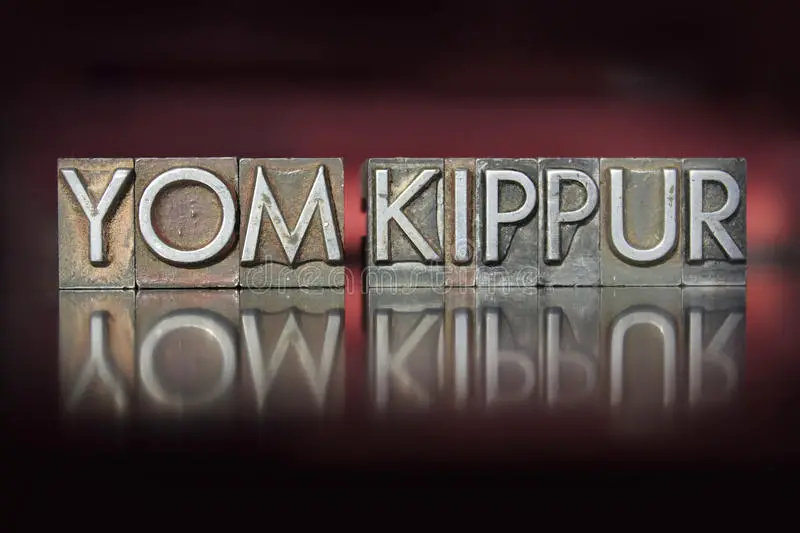Yom Kippur, also known as the Day of Atonement, is a significant day in the Jewish calendar. It is a day of fasting, repentance, and prayer for forgiveness.
The central focus of Yom Kippur is the concept of teshuvah, which means “return” or “repentance.”
On this day, Jews seek forgiveness from God for their sins and from others for any harm they may have caused.
This process involves confessing one’s sins and asking for forgiveness, making amends with those one has wronged, and resolving to do better in the future.
Yom Kippur is observed by abstaining from food, drink, and other physical pleasures, and by participating in lengthy and intense prayer services.
The traditional Yom Kippur liturgy includes the recitation of several confessions of sin, called the Vidui.
These confessions list a wide range of sins and transgressions, from those committed against God to those committed against other people.
The idea behind Yom Kippur is that through sincere repentance and the acceptance of God’s forgiveness, one can be reconciled with God and start anew.
It is a time for reflection, self-examination, and renewal, and is considered the most sacred and holiest day of the year in the Jewish faith.
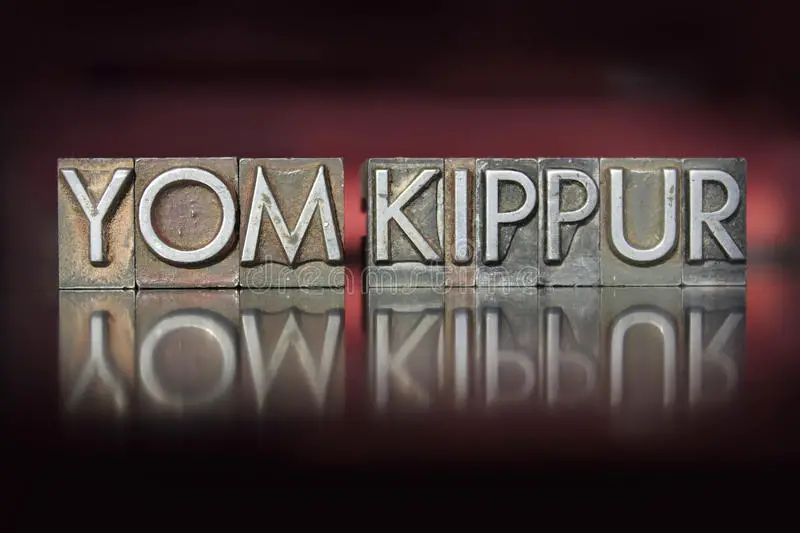
What is the meaning of Yom Kippur?
Yom Kippur is the holiest day of the year in Judaism. It is a day of fasting, prayer, and repentance, and is observed on the 10th day of the Jewish month of Tishrei.
During Yom Kippur, Jews traditionally abstain from food and drink, and spend the day in prayer and repentance.
It is a time for individuals to reflect on their actions over the past year and ask for forgiveness from God and from those they may have wronged.
The fast is seen as a way to physically and spiritually purify oneself, and to seek forgiveness and reconciliation with God and others.
In addition to personal repentance, Yom Kippur is also a time for communal repentance and the seeking of forgiveness from God as a community.
It is a time for Jews to come together in prayer and reflect on the year past and the year to come.
Yom Kippur is also known as the Day of Atonement, as it is a time when Jews believe that God decides the fate of each individual for the coming year.
It is a time of great spiritual intensity and is a central part of the Jewish faith.
See: 15 Intercessory Prayer Points for Sunday Service [with scriptures]
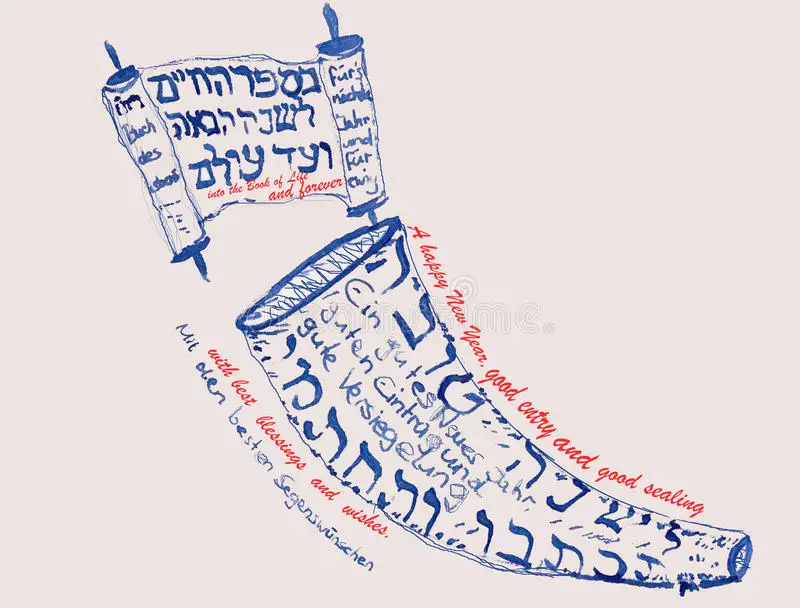
Yom Kippur Prayer for Forgiveness (The Text of Al Chet)
The Al Chet is a traditional prayer for forgiveness that is recited during Yom Kippur, the Day of Atonement in Judaism.
The prayer consists of a series of confessions, in which the worshipper confesses and asks for forgiveness for their sins.
The Al Chet is typically recited as part of the Yom Kippur liturgy, along with other traditional prayers and rituals.
Here is a translation of the Al Chet:
“For the sin we have committed before You under duress or willingly, through speech or deed, knowingly or unknowingly, by accident or design, through hardness of heart or by negligence, we beg Your pardon, God, who is merciful and gracious.
For the sin we have committed before You by anger or by lust, by envy or by pride, by mischief or by malice, by scorn or by slander, by foolish talk or by idle chatter, we beg Your pardon, God, who is merciful and gracious.
For all these, God of forgiveness, forgive us, pardon us, grant us atonement.
For the sin we have committed before You by overstepping or by understepping, by excessive or by insufficient, by extravagance or by parsimony, by waste or by want, we beg Your pardon, God, who is merciful and gracious.
For all these, God of forgiveness, forgive us, pardon us, grant us atonement.
For the sin we have committed before You by the misuse of Your name, by the desecration of Your name, by the profanation of Your name, we beg Your pardon, God, who is merciful and gracious.
For all these, God of forgiveness, forgive us, pardon us, grant us atonement.
For the sin we have committed before You in judgment or in mercy, in anger or in kindness, in good will or in thoughtlessness, we beg Your pardon, God, who is merciful and gracious.
For all these, God of forgiveness, forgive us, pardon us, grant us atonement.
For the sin we have committed before You by the pollution of the body or by the pollution of the soul, by the pollution of the family or by the pollution of society, we beg Your pardon, God, who is merciful and gracious.
For all these, God of forgiveness, forgive us, pardon us, grant us atonement.”
35 prayer points for intercessors

What is the appropriate prayer for Yom Kippur?
Yom Kippur, also known as the Day of Atonement, is a holy day in the Jewish faith and is marked by a period of fasting and prayer. The central prayer of Yom Kippur is the Kol Nidre, which is recited before the evening service on the eve of Yom Kippur. The Kol Nidre is a declaration in which Jews repent for their sins and ask for forgiveness from God.
During the Yom Kippur services, Jews also recite other prayers and participate in a variety of rituals, such as confessing their sins and asking for forgiveness from others. Some common prayers that are recited on Yom Kippur include:
- The Al Chet
- 2.The Avinu Malkeinu
- The Vidui
- The Unetaneh Tokef
It is important to note that the specific prayers and rituals of Yom Kippur may vary among different Jewish communities and traditions. Below is a list 10 Yom Kippur prayers for forgivenes and a brief explanation of each prayer.
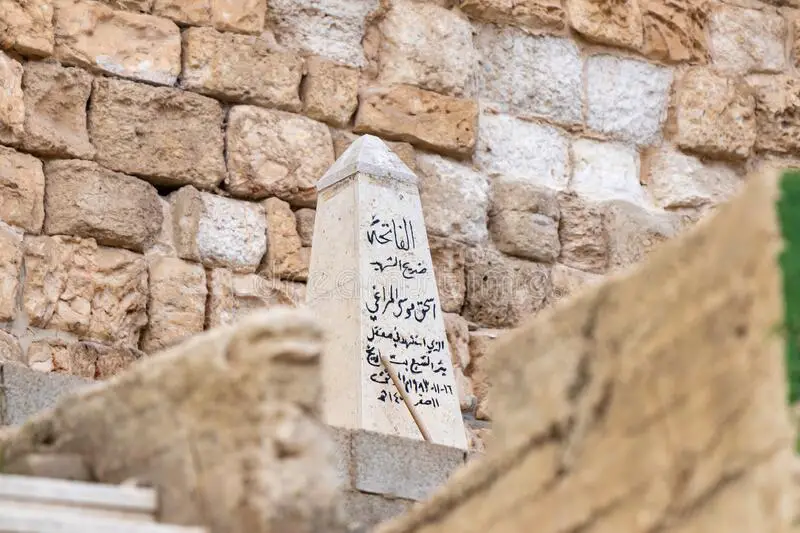
10 Yom Kippur Prayers for Forgiveness
Here are ten Yom Kippur prayers for forgiveness:
Here are ten types Yom Kippur prayers for forgivenes:
1. “Al Chet” – a traditional prayer that lists a series of sins and asks for forgiveness for each one.
2. “Ashamnu” – a prayer acknowledging the various ways in which we have sinned and asking for forgiveness.
3. “Avinu Malkeinu” – a prayer asking God to be merciful and forgive us for our sins.
4. “Mi Shebeirach” – a prayer asking for healing and strength for those who are suffering.
5. “Vidui” – a confession of sins, in which the individual confesses their wrongdoing and asks for forgiveness.
6. “Selichot” – a series of prayers recited on Yom Kippur and the days leading up to it, asking for forgiveness and mercy.
7. “U’netanneh Tokef” – a prayer that acknowledges the power and majesty of God, and asks for mercy and forgiveness.
8. “Ashrei” – a psalm of praise and thanksgiving, in which the individual thanks God for their blessings and asks for continued guidance.
9. “Hineni” – a prayer in which the individual expresses their devotion to God and their willingness to repent for their sins.
10. “Ana B’koach” – a powerful prayer of supplication and petition, asking God to forgive and heal the individual.
What does the Bible say about forgiveness?
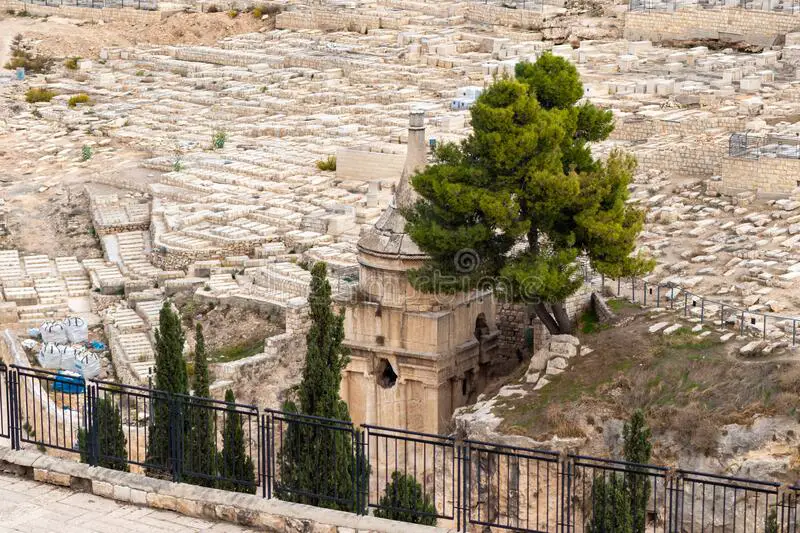
How can I ask for forgiveness on Yom Kippur?
We would’ve already mentioned that, Yom Kippur, also known as the Day of Atonement, is a time for Jews to reflect on their actions over the past year and ask for forgiveness from others and from God. There are a few different ways you can ask for forgiveness on Yom Kippur:
1. Teshuvah: This is the process of repentance and returning to right behavior. As part of this process, it is important to admit to any wrongdoing and ask for forgiveness.
2. Prayer: Yom Kippur includes a number of specific prayers that are said during the holiday. These prayers, such as the Al Chet and Vidui, include confession of sins and asking for forgiveness.
3. Asking in person: You may also choose to ask for forgiveness from those you have wronged directly, either in person or through a phone call or letter.
4. Making amends: In addition to asking for forgiveness, it is also important to take steps to make amends for any harm you may have caused. This can involve apologizing, making restitution, or taking other steps to repair the damage.
It is important to approach these steps with sincerity and an understanding of the impact of your actions on others.
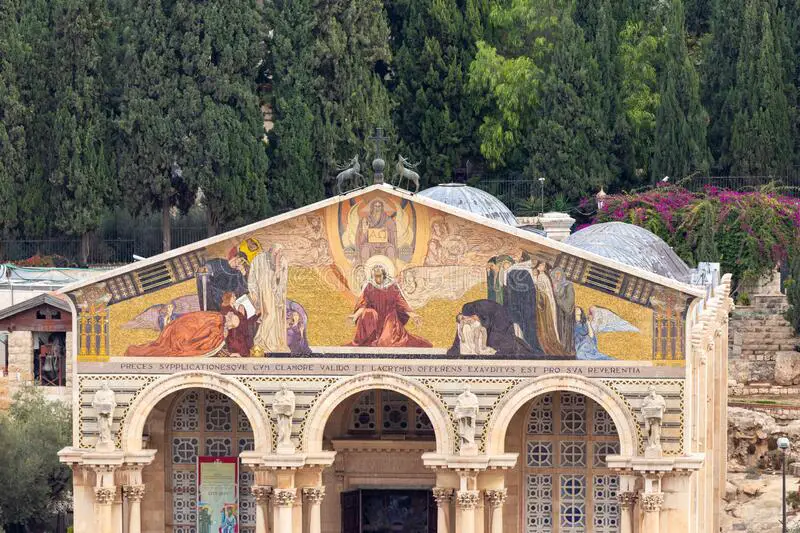
What are the traditional customs for Yom Kippur?
There are several traditional customs and observances that are typically followed during Yom Kippur. These include:
1. Fasting: On Yom Kippur, it is traditional to fast from sundown on the night before the holiday until sundown on the day of the holiday. This means abstaining from all food and drink, including water.
2. Prayer: Yom Kippur is a day of intense prayer and reflection, and many Jews attend synagogue services on this day. The main prayer service, known as the Yom Kippur Kol Nidre, is held on the evening before the holiday and includes a series of prayers and rituals.
3. Wearing white: It is traditional to wear white on Yom Kippur as a symbol of purity and renewal.
4. Seeking forgiveness: Yom Kippur is a time for seeking forgiveness from others and asking for forgiveness from God. Many Jews will spend time during the holiday asking forgiveness from those they have wronged and seeking to make amends for their actions.
5. Breaking the fast: After the fast has ended, it is traditional to break the fast with a meal that includes bread and a hard-boiled egg, which are symbols of life and the cycle of the year.
These are just a few of the traditional customs and observances that are typically followed during Yom Kippur. It is important to note that the specific customs and practices may vary among different Jewish communities and individuals.
What is the significance of fasting on on You Kippur?
The practice of fasting on Yom Kippur has several significance. One of the primary purposes of the fast is to demonstrate repentance and remorse for one’s sins.
By abstaining from food and drink, Jews symbolically “empty” themselves of physical desires and focus instead on spiritual matters.
Fasting is also seen as a way to show solidarity with those who suffer from hunger and to remind us of our own mortality.
In addition to fasting, Yom Kippur is also a time for introspection and self-examination. Jews are encouraged to reflect on their actions over the past year and seek forgiveness from those they may have wronged.
The fast is seen as a way to purify the body and the soul, and to start the new year with a clean slate.
Overall, the fast on Yom Kippur is a deeply meaningful and important ritual in Judaism, and it is observed by many Jews around the world.

Faithway.info, your online sanctuary for deepening your spiritual journey and mastering the teachings of the Bible. At Faithway.info, we are passionate about making the wisdom of the Bible accessible to everyone, fostering a community dedicated to growth, understanding, and support.
